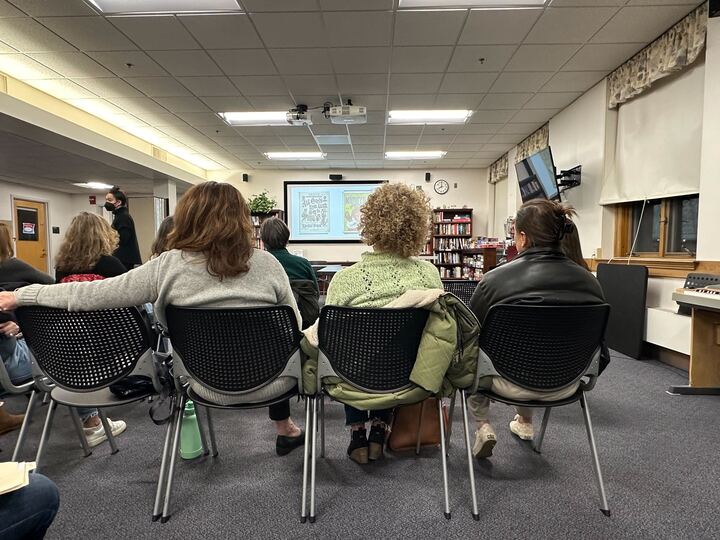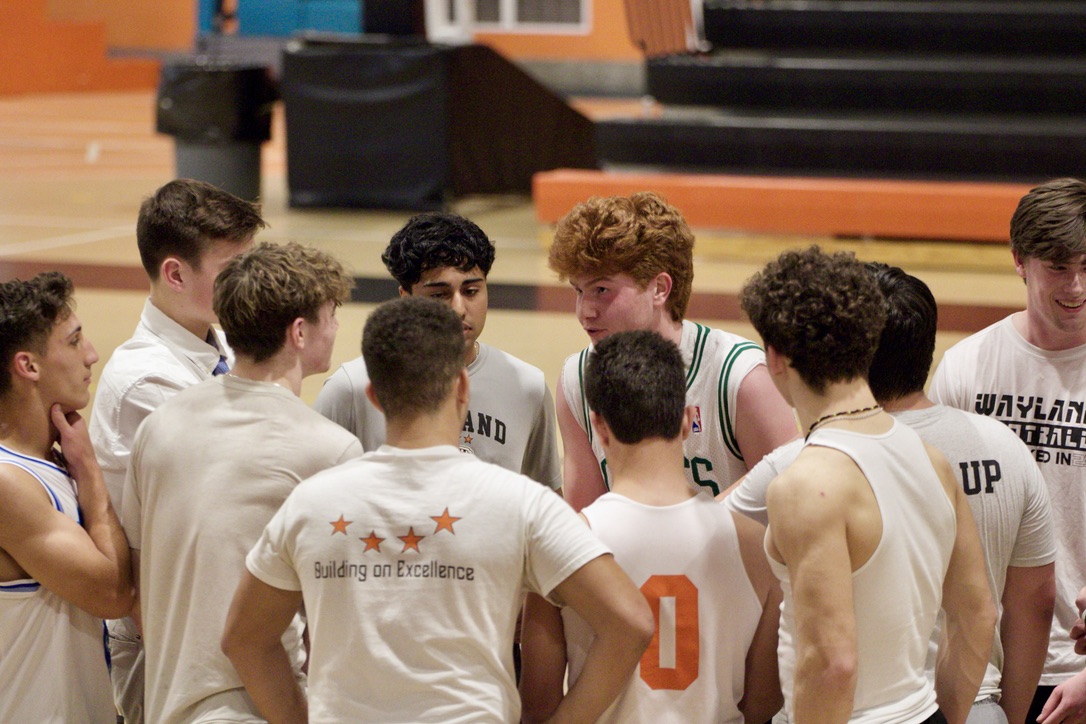Rogues harassing the world’s great powers. Muslim African pirates capturing American sailors far off the coast of Africa.
This could describe this week’s scene on the Indian Ocean, off the coast of Somalia, where Somali pirates took an American skipper hostage. It would equally well describe the early 1800s, when, during the first years of Thomas Jefferson’s presidency, pirates from the Barbary Coast (modern day Libya and Tunisia) repeatedly hijacked American shipping vessels.
Back then, the U.S. was forced to pay tribute to these states, hoping to stop the attacks; however, they did not cease. Jefferson in 1801, and later President James Madison in 1815, solved this problem by sending in the newly created Navy and the Marines to directly attack the sponsor states. This military action became known as the Barbary Wars, and by the end of 1816 state-sponsored pirate attacks had all but ended.
The Somali pirates who attack American ships today do not have the sponsorship of any government. They are the maritime equivalent of international terrorists, fighting for economic reasons rather than political ones. Anarchy in Somalia has left most there in deep poverty. The millions that can be earned through piracy look pretty alluring when you have no other way to make money.
Because there is no state entity behind these pirates, it is extremely difficult to respond to their attacks. Unlike the Barbary Wars, the U.S. today cannot just send the Marines or the Navy to burn down Mogadishu. Compounding this problem is the fact that the area of water and coastline the Navy has to protect is four times the size of Texas.
The obvious key to stopping piracy is preempting attacks. However, this is easier said than done. Shipping companies will have to send escorts, and the navies of the world will have to contribute as well if they wish the attacks to stop. One option that has been discussed, but not acted upon, is the possibility of arming merchant ships. This would definitely protect sailors and should be done.
This problem represents a chance for the United States to work with other countries constructively on the world stage. China, Russia, and India all have interests in protecting their vessels in the Indian Ocean. Their navies, along with ours, should work together to fight the pirates.
If pirates do manage to capture an American ship – like they did last week – the United States must stand strong. Every single government of the world watched to see how Washington responded, and more specifically, how President Obama responded.
One country in particular, Iran, was surely watching closely. Iran seized 15 members of the British Royal Navy and held them for 12 days in 2007 after they supposedly trespassed into Iranian territorial waters. If we had responded by paying the Somali pirates, foreign countries like Iran would view the Obama Administration as weak.
Instead, we responded by attacking the pirates and successfully rescuing the hostage; as a result, foreign powers will be less likely to test us. This was the necessary route.
The pirates of the Indian Ocean present both a problem and an opportunity. While they will surely harm commercial interests in the region, they are a chance for the U.S. to work multilaterally to defeat a common foe. This may not be enough to protect all boats, however, and individual ships might have to take initiative and defend themselves, a move that could include taking up arms. If all of this is still not enough, and another ship is captured, there is only one way the US should respond: forcefully.











![WSPN’s Annika Martins and Maddie Zajac explore the athletic life of senior Annabelle Zhang through her badminton career. “This [photo] is me and my former partner after we won the 2022 junior nationals mixed doubles category,” Zhang said.](https://waylandstudentpress.com/wp-content/uploads/2024/04/IMG_6629-1200x900.jpg)








































































![Seniors Garrett Batt, Tom White, Emmanuel Nzaramba and Jack Calverley work together in preparation for the Spring Fling. “We decided to host this because March is kind of a slow month [in which] there’s not really that much happening, so I just thought it would be fun to put pep back into everyone so people could look forward to something this month,” senior Delcie Peter said.](https://waylandstudentpress.com/wp-content/uploads/2024/03/Screenshot-2024-03-20-at-10.28.14-PM-1200x832.png)




